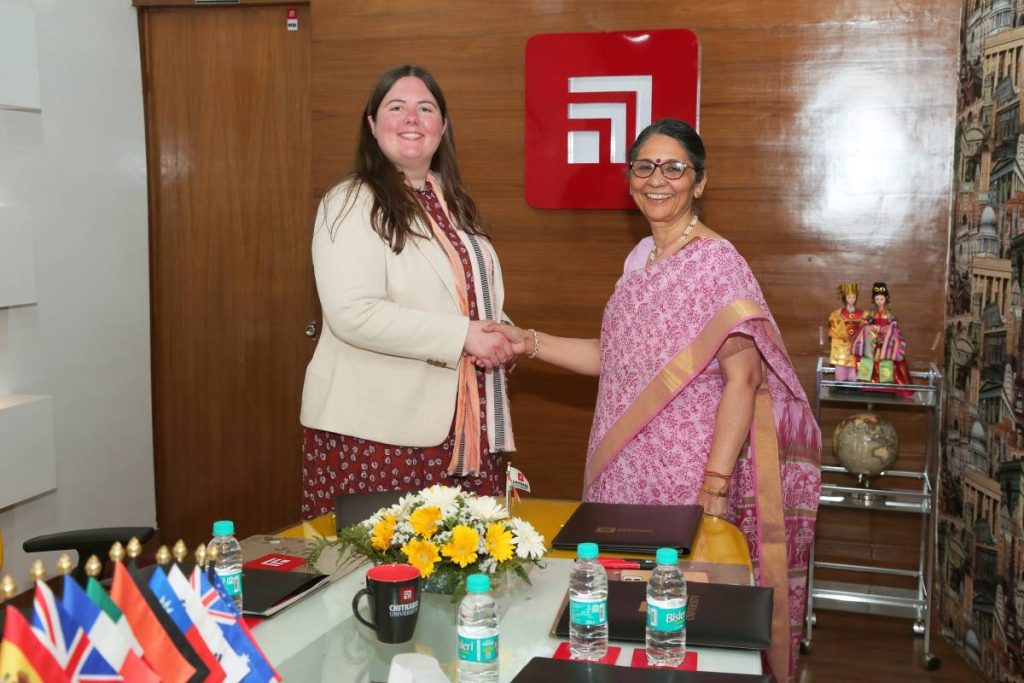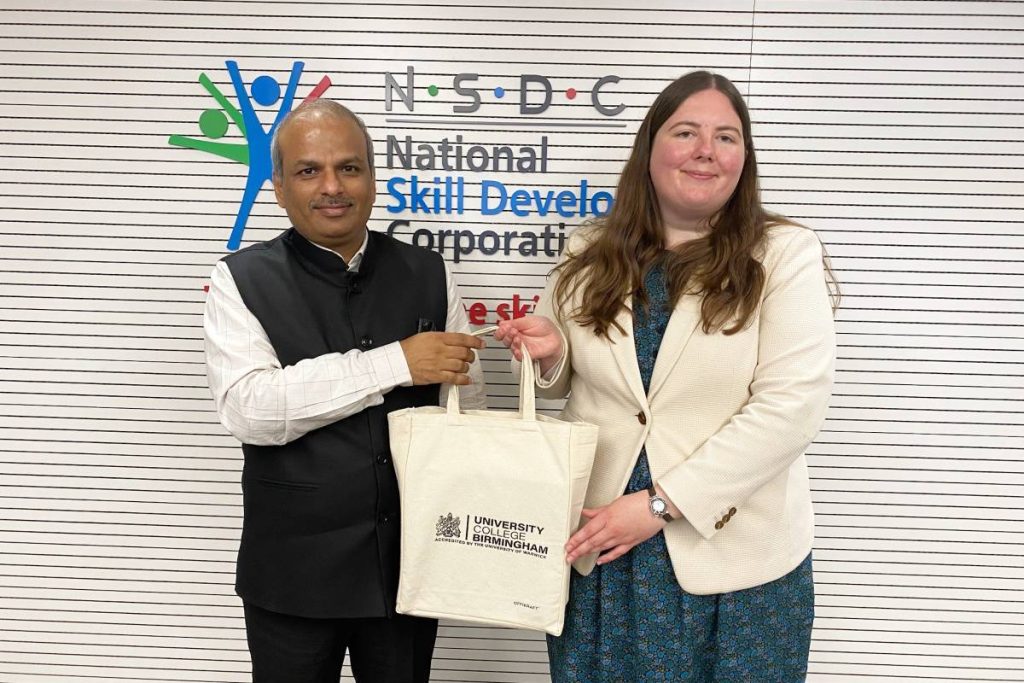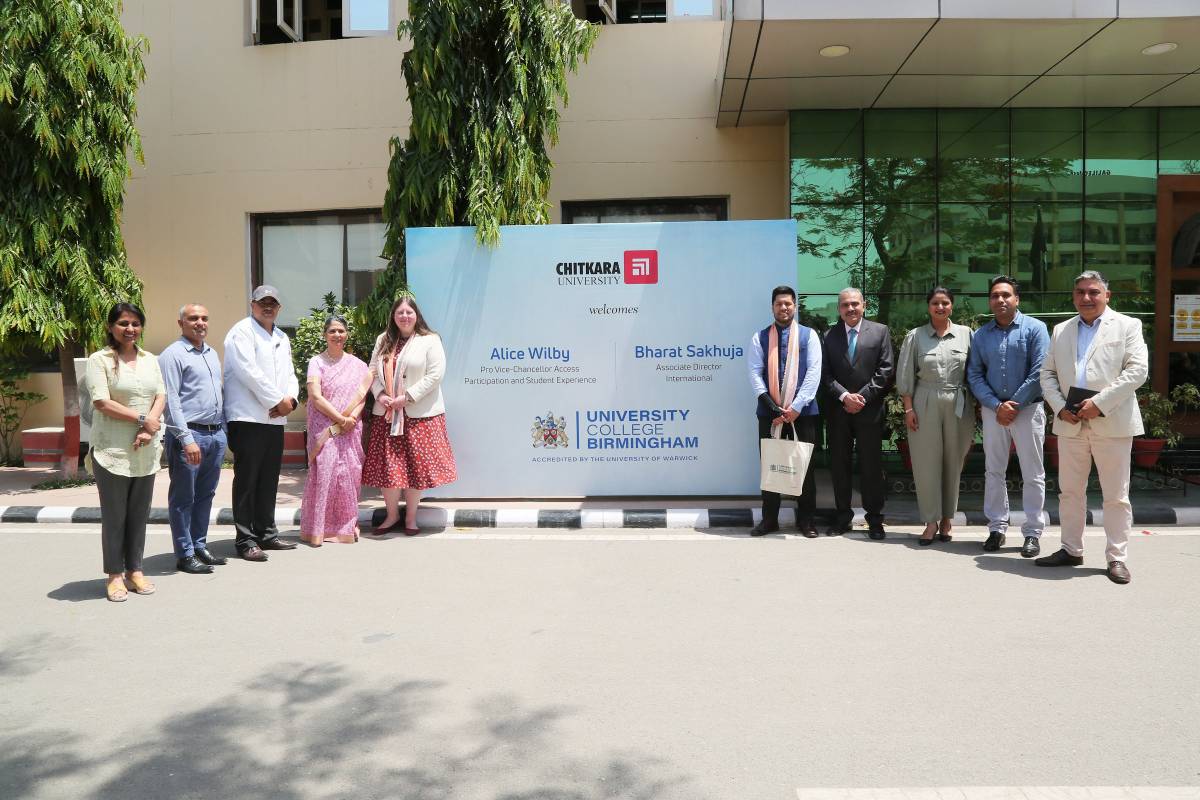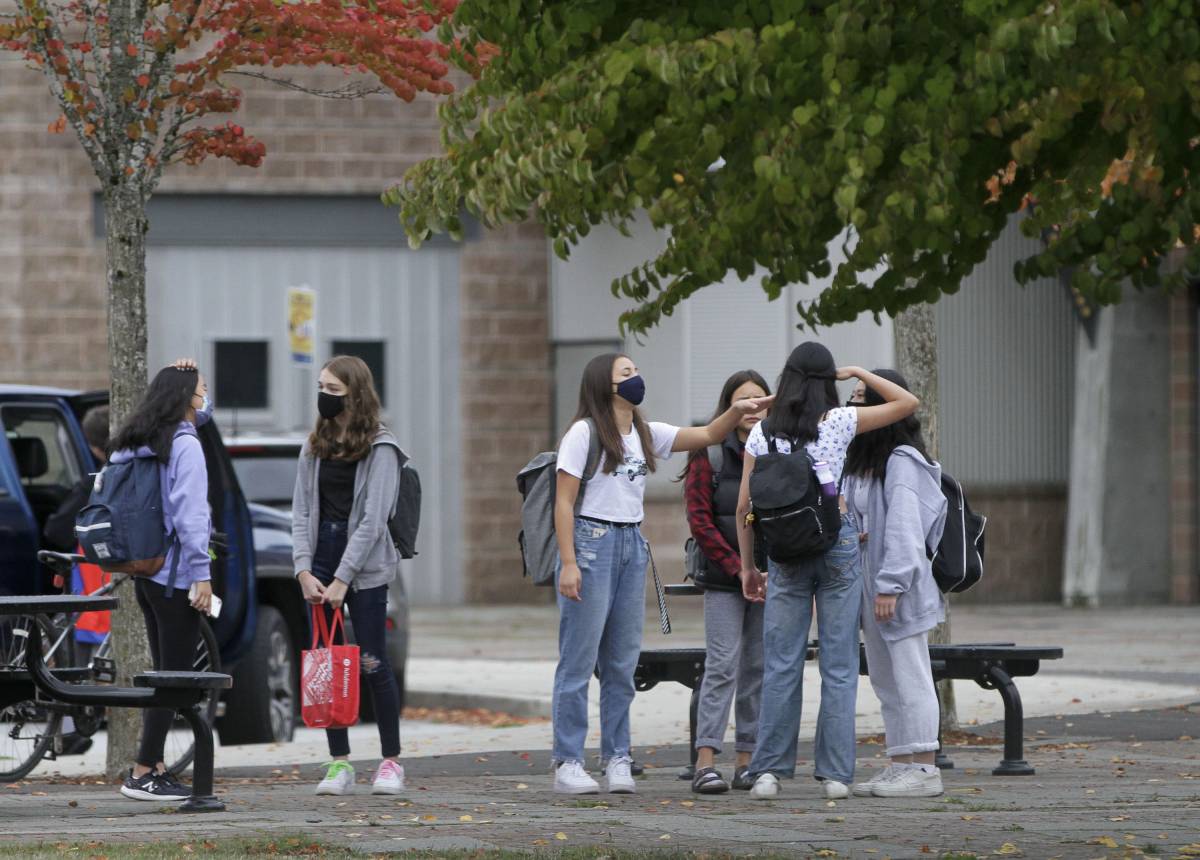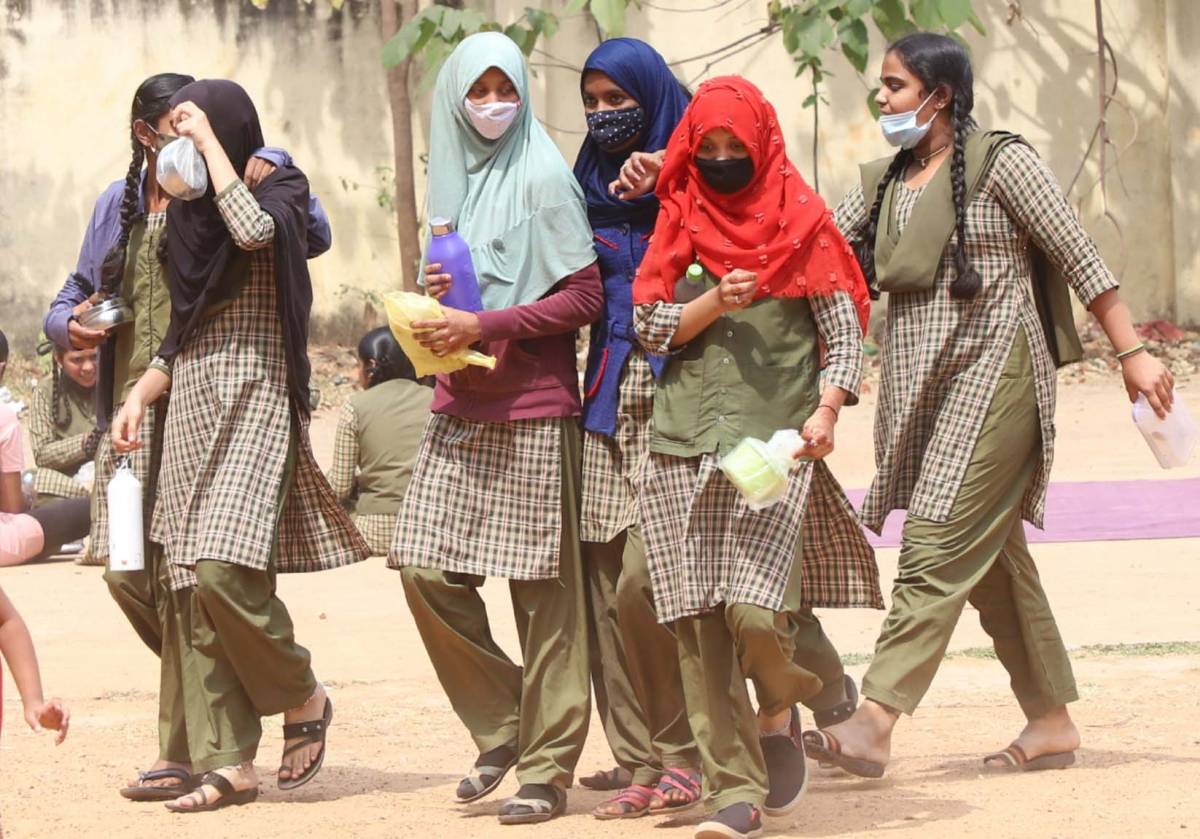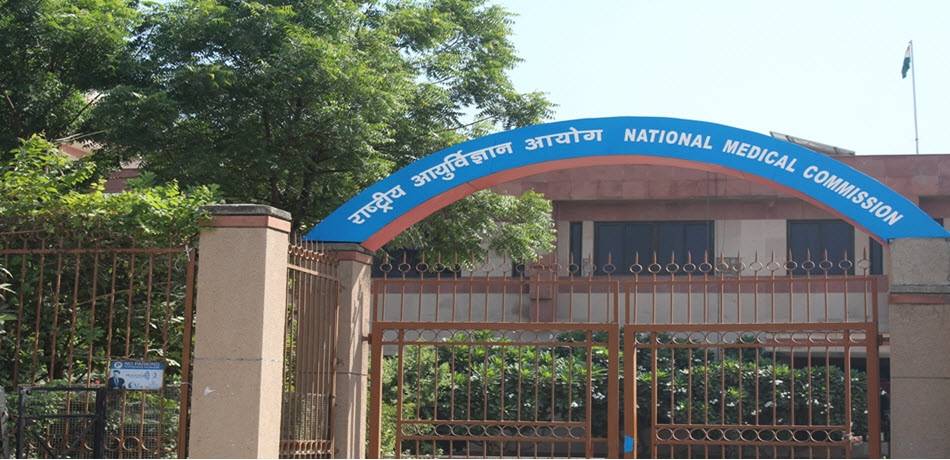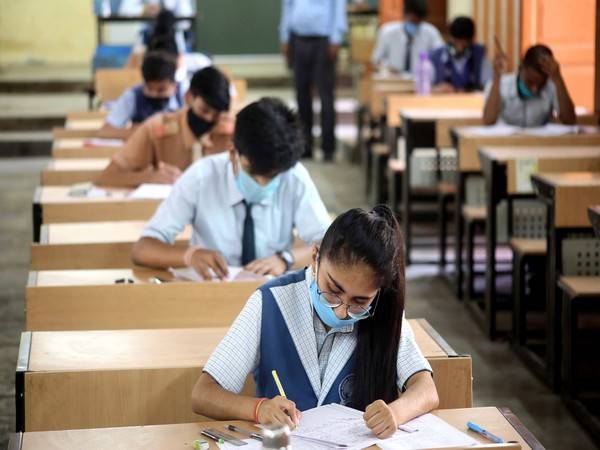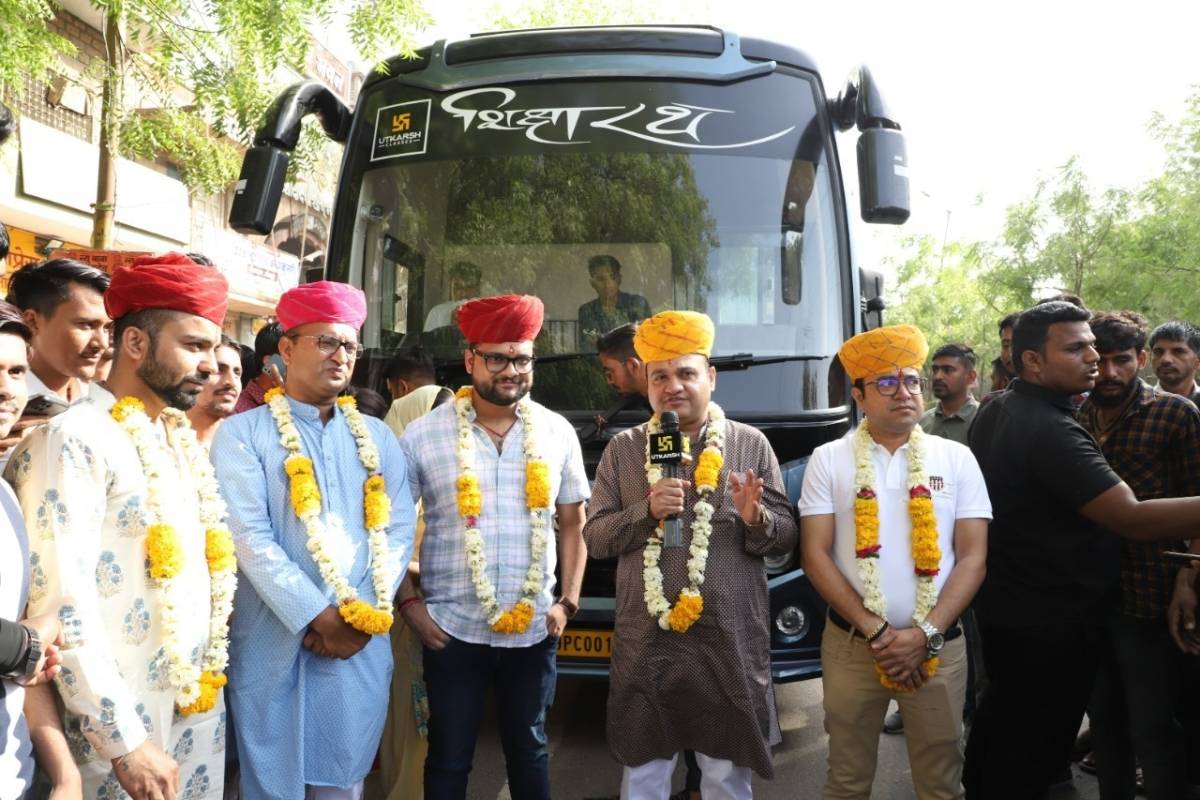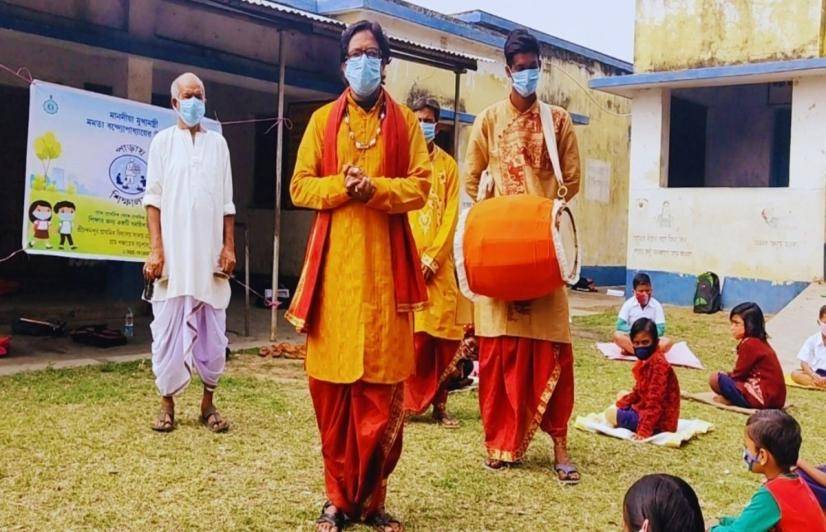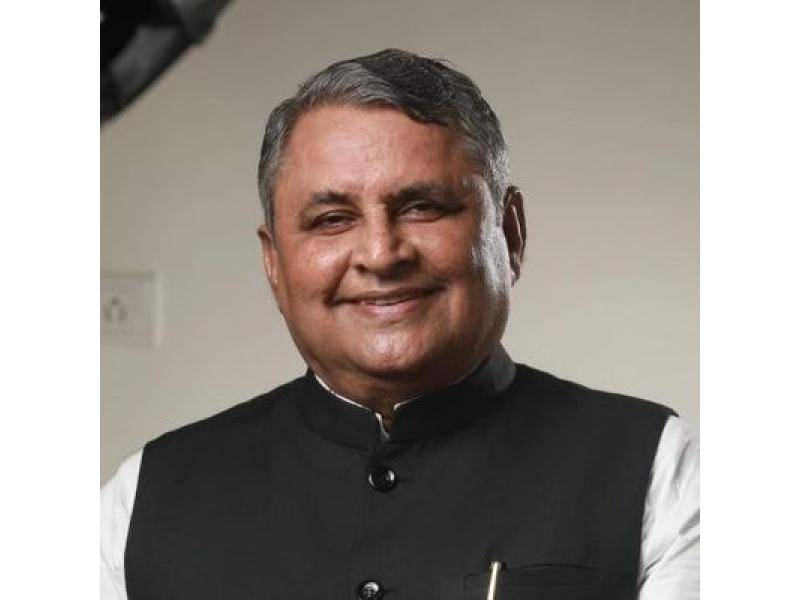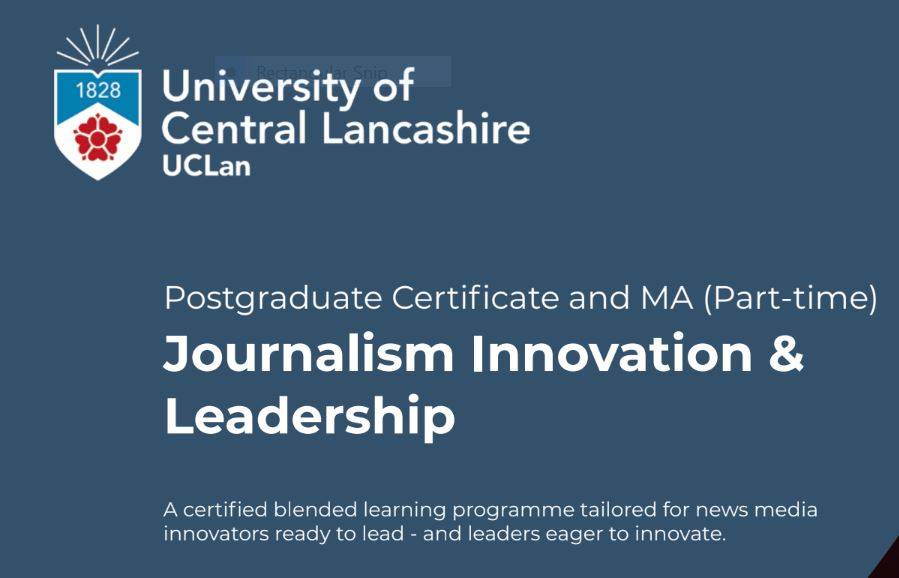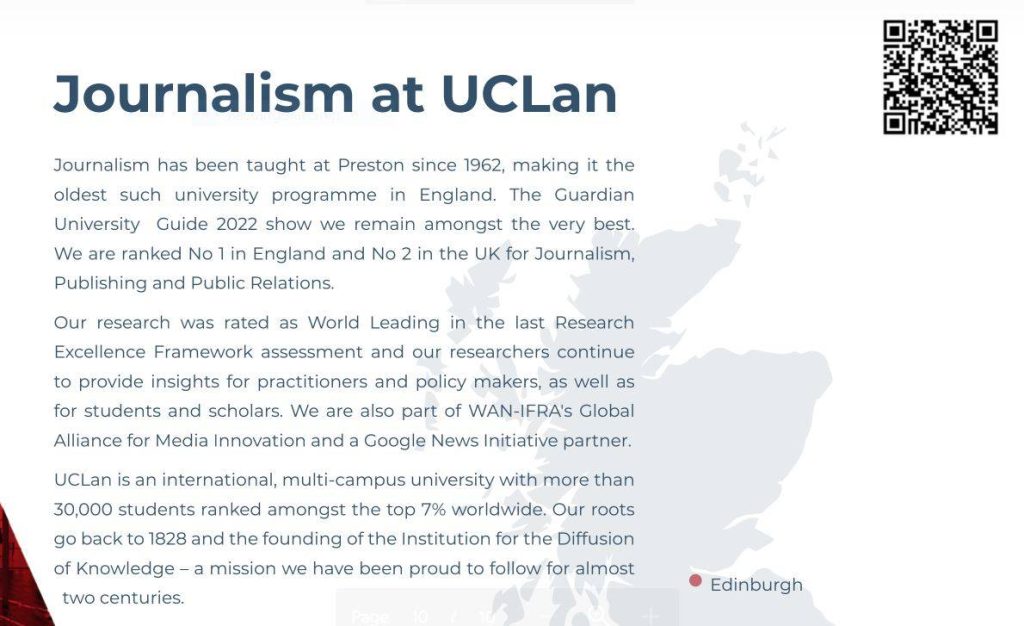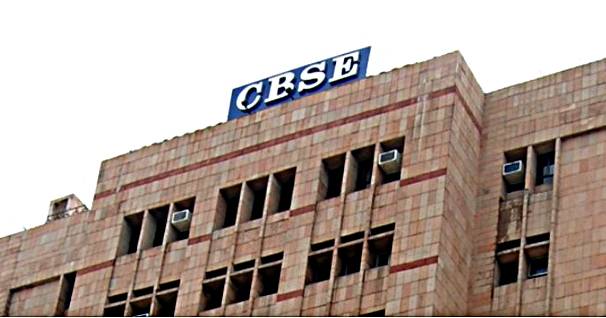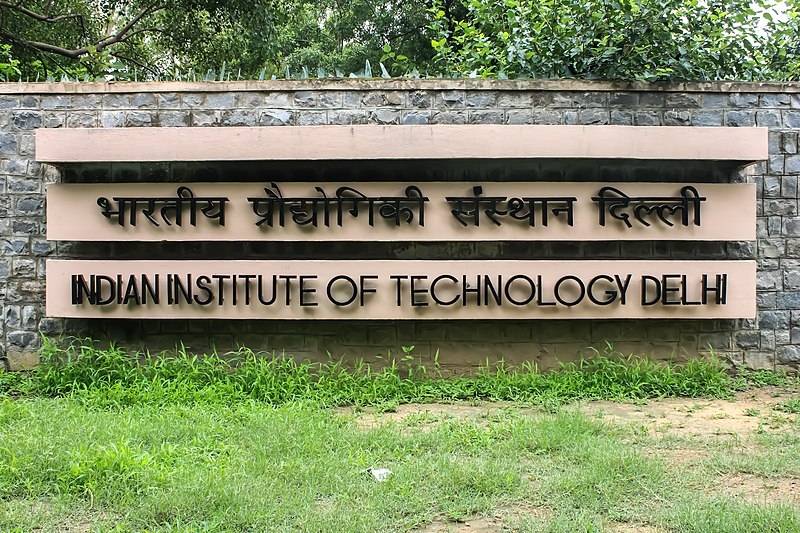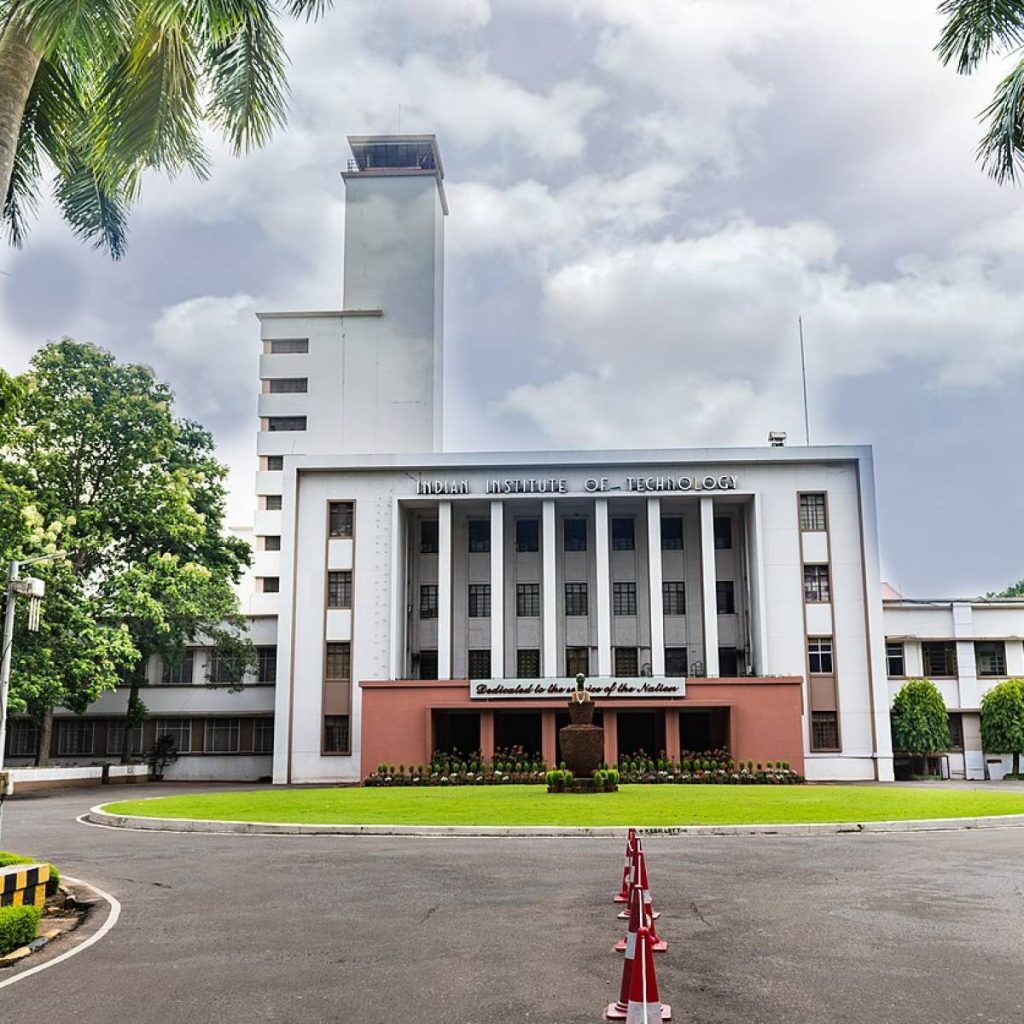Before schools reopened, teachers attended a training session and even paid door-to-door visits to persuade parents to send their children back to school, but the response was not satisfactory…reports Sreeja Ghosh
“I repeatedly say ‘shikhhai jatir merudanda’ (education is the spine of the nation) through my songs,” says kobiyaal, or folk singer, Ganesh Bhattacharya, on his unique way of encouraging students of rural West Bengal, who dropped out of school during the pandemic, to return to classes after their two-year gap.
“Village folk don’t understand formal languages, but they respond well to rural dialects and folklore. Since they also believe in mythological figures, I use a mythological theme in my songs that’s common in kobigaan. Through my poems, I convey how Kalidas was first insulted for not being educated but went on to gain knowledge,” adds Bhattacharya, who has spent the last three decades trying to revive kobigaan, which can be traced back to the 17th Century.
Kobigaan is a form of Bengali rural folk art that includes performances of songs and verbal duels among poets. It flourished during the 18th and 19th centuries, after which its popularity dwindled. Bhattacharya now uses its special connect with the rural population to raise awareness about social issues and highlight the importance of education among rural folk, in West Bengal’s Bankura district. The easy-to-follow poetry set to a rhythm makes it more appealing to his audiences, he said.
Getting students back a challenge
Kushnath Kundu, headmaster of Sree Chandanpur Prathamic Vidyalaya, a pre-primary school in Gangajalghati, Bankura said, “After the Covid-19 pandemic struck, many students from poor families became reluctant to attend school. A lot of parents also sent their children to work as labourers in nearby towns. And since the government sanction of paray pathshala (mohalla/neighbourhood classes), teachers have been finding it challenging to bring students back to school, as many of them are no longer interested in continuing with their education.”
Before schools reopened, teachers attended a training session and even paid door-to-door visits to persuade parents to send their children back to school, but the response was not satisfactory.
“We then decided to ask Ganesh Bhattacharya to raise awareness and encourage children to attend school once again, through his kobigaan. I believe it’s one of the easiest ways to communicate the value of education to rural people,” added Kundu.
The devoted kobiyaal was happy to oblige: “I strongly believe my kobigaan will instil the importance of education in students and their parents. So when Kushnath Kundu and other teachers requested me to perform, I agreed to the task without taking a single penny for such a good deed.”
Many found this tactic of encouraging students and parents in Gangajalghati quite unique and followed suit.
Biswanath Ghosh, headmaster of Dangapara Vidyalaya in Bankura, said, “I congratulate Ganesh Bhattacharya and Kushnath Kundu for this initiative. I really appreciate the way they presented the whole idea, and I now want kobiyaal Ganesh to perform at my school, too.”
‘Education seems to be a luxury’
Does kobigaan really raise awareness about the need for education? In a nutshell, yes.
“If we make such arrangements frequently, then it will definitely work,” Ghosh said. “In my school, there’s 100% attendance. But this scenario is not the same at every school.”
Ghosh further explained the reason behind the reluctance to return to school: “Most students here are so poor that they only attend school to have a mid-day meal. After Class 5, they are least interested in continuing with higher studies. There are many students who are the first generation of their family to even attend school. There’s no encouragement from the families either, which is why it’s more important to raise awareness among guardians. Many also lost their homes to heavy rain and flooding, so education seems to be a luxury for them.”
“The past two years completely distanced children from school and education,” the headmaster added. “Online classes are next to impossible as only one or two in 100 students can afford smartphones. Even then, there are connectivity problems. Parents would rather get their daughters married than send them to school. Kobiyaal Ganesh is taking the initiative to also spread awareness against child marriage and various related health issues.”
While schools appear to be receptive to this form of interaction, they were unable to share more information on the impact of Bhattacharya’s kobigaan initiative. Moreover, the overall sentiment was one that called for the need to improve students’ attendance further.
‘Storytelling has a long-lasting effect on learning’
Educationist Reetika Bhandari, a resource executive with the CBSE Centre of Excellence, believes that getting children excited about learning and teaching them is an accomplishment.
“The vision of the National Education Policy 2020 is to bring at least 2 crore students back to school to complete their studies and also to make education engaging and enjoyable for them,” said Bhandari, who is also a recipient of the Best Education Outreach 2021 Asia Pacific Excellence Award, the Mentor of the Year Award and the Guru Vashisht Utkrisht Samman.
“As an educationist, I’ve always believed that activities like dance, street plays, kobigaan and puppet shows, when integrated with the usual curriculum, can bring wonderful results,” she added. “Storytelling and dramatic techniques have a long-lasting effect on children’s learning, and this has been proven scientifically. Storytelling activates parts of the brain that allow the listener to turn the stories into their own ideas and experiences due to the release of certain hormones. This process is called neural coupling. So through such recitations of folktales and poetry, we can make education enjoyable.”
The kobigaan effect: more girls at school
On the impact of kobigaan on promoting education, headmaster Kundu said there’s been a mixed response from parents, as many of them are more eager to send their children to work rather than school.
“While many parents have shown gratitude towards the reopening of schools, and kobigaan did improve their response, teacher feel that attendance needs to be higher,” he said, adding that the attendance and academic performance of school girls was higher in comparison.
On the other hand, headmaster Ghosh said: “Attendance in my school has always been good. It was almost 100 per cent before the pandemic, and it hasn’t reduced since then.
Jagat Pathor, the father of a Class 3 student at Sree Chandanpur Prathamic Vidyalaya, appreciates the kobigaan initiative.
“I really like the way they chose to inspire students,” he said. “In these two years, we had no facilities for online classes. I have a small business, but I can’t afford the latest smartphones, and a strong internet connection in villages is not possible. So we are happy they are back to school.”
Kobiyaal Bhattarcharya is hopeful
“At least people are recognising my work and asking me to spread awareness. Results may take some time, but I believe my hard work will definitely help reform society. Due to the pandemic, our education system is suffering. So I perform at schools to boost attendance. Even parents are appreciating it.”
The government supports kobigaan through different awareness programmes like science fairs and Bishwa Bongo Sahitya O Sanskriti Mela but has allotted a nominal stipend of Rs 1000 for performers of this folk art. While there are many kobiyaal who continue to perform, Bhattacharya claims he’s the only one of them putting in the effort to revive its glory.
“No one is bothered to patronise this dying art form. It needs stronger support and more funds toward research,” he concluded.
ALSO READ-
